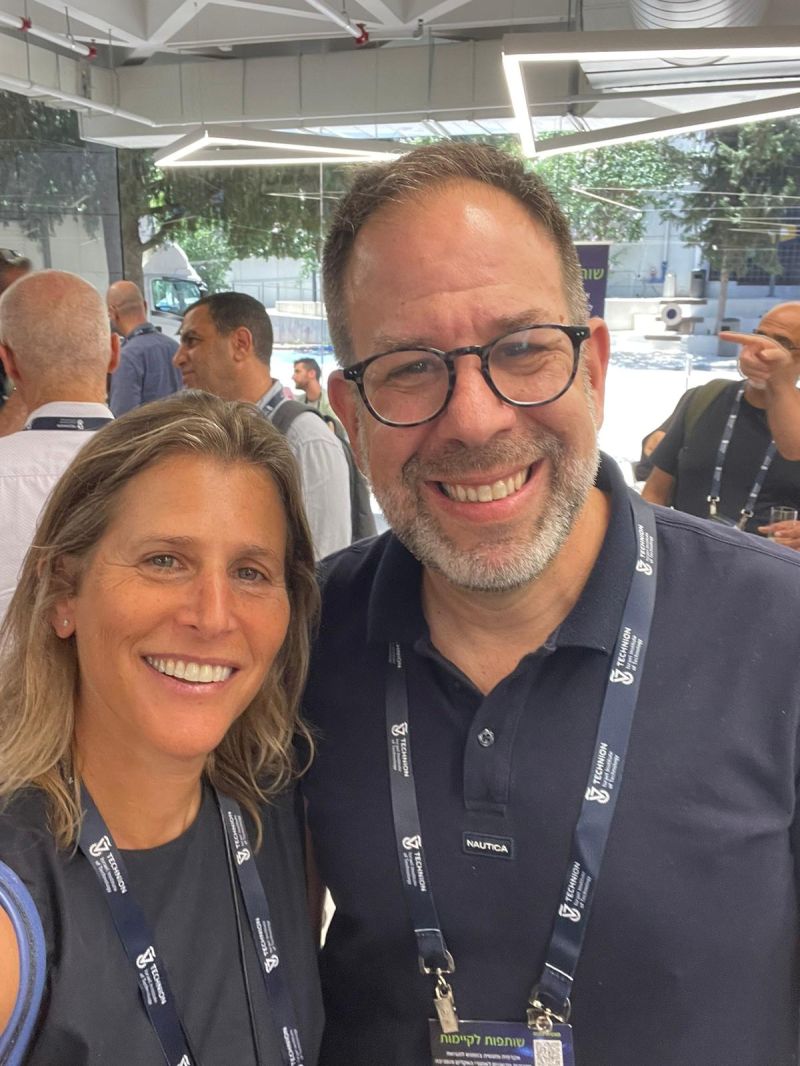I am happy to share an article I wrote for Ceoworld Magazine about Paradoxical Management
About a decade ago, I decided to join a friend’s retreat. It was a planned weekend for people to take time out. At that time in my life, I needed to get to know new people and expand my circle of friends, so I decided to go.
I left without an agenda, aiming to just have fun.
The interesting thing was that the retreat had a significant impact on my life. I learned how to meditate more fully and contemplate things outside of my day-to-day life experience. I spent time by myself at many points over the weekend. I deliberated on the meaning of what I was doing as a business leader. I created the space for new ways of building relationships, and I found that I was drawn to different people than in the past.
Maybe because I went there with no specific goals, a space was formed for connections that I did not expect. I ended up with not only a new set of life tools but also a handful of business cards and a set of new contacts for when I reentered the “real” world.
This is the opposite of what most people do when they want to forge new business links.
For example, think about the average CEO aiming to expand the business and open branches overseas. She has a strategy of exactly how to do it and whom to make contact with. She is determined to land a list of customers or strategic partners through uninterrupted courtship and perseverance. She’ll go to a conference with that list in hand, tracking down each lead one by one.
But being so goal-oriented blinds her to the many other opportunities and possibilities all around her. The conference is filled with people she may not know, but who represent better business opportunities with a more organic fit with her own company. And yet her tight schedule means she’s unaware of what she is missing.
The new skill of mindful leadership includes the ability to assess these situations in parallel. Using courage to stop responding to opportunities in an automatic way, to start listening to our inner feelings and confusion, is not an obvious choice. This is because doing so requires us to give up control, to be uncertain, and even to be able to let go. Let me tell you what this feels like.
In the past I partnered with someone I thought will be my business partner. We had a big vision of working together. However, as the days passed by, it became clear that we were not a good fit. We thought too differently and saw the business world from different points of view. Although diversity of thought could be a good thing, there was too much of a gap between us.
In my mind, I fully understood that we were not a good fit. However, emotionally it was very difficult to let go of the vision I had in mind; it was clear that I wanted to hold on to the story I was telling myself at the beginning of our relationship.
Although it’s worthwhile to get past that barrier, it’s the most challenging thing to accomplish in real life, at least for me. We have to develop the ability to know where we are heading, without knowing exactly how we will get there. It requires us to be open-minded and willing to experience uncertainty throughout the process, all the way until the moment things start to clarify.





